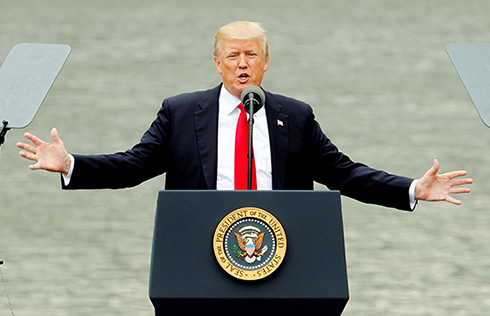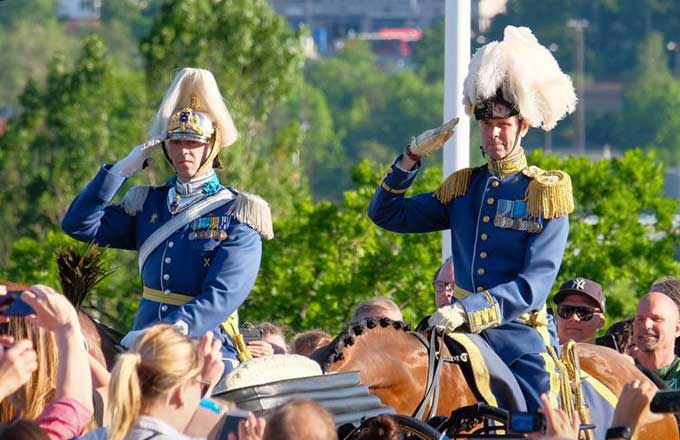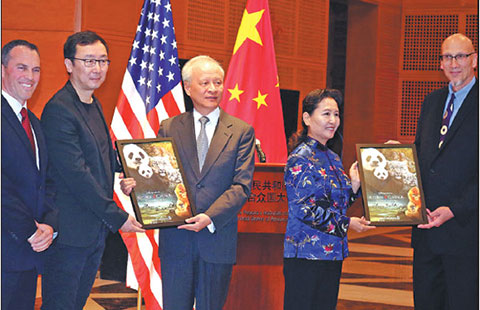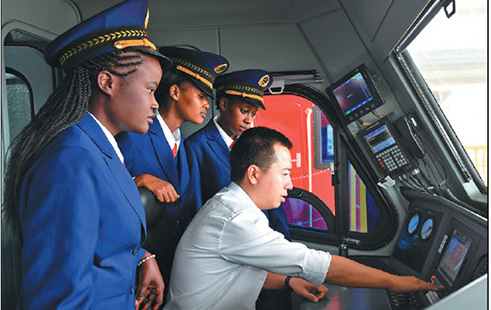Chinese and Russian: Cementing ties with language
As the largest neighboring country of China, Russia complements with the country in various aspects. Industries such as manufacturing, energy, trade, tourism, and government departments of China are all in great demand of Russian language talents.
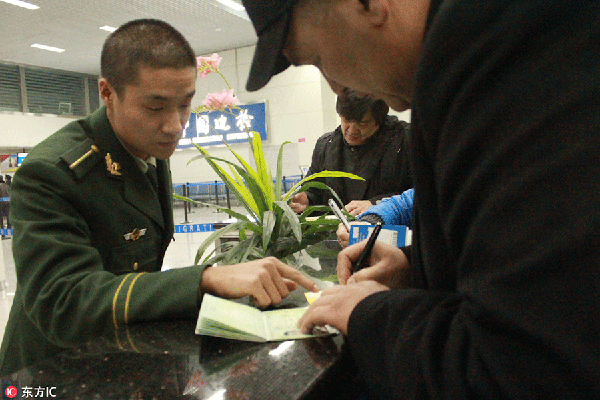 |
|
Ma Qiang (L), a Russian language graduate, instructs Russian passengers to fill in entry cards at China's border on December 31, 2012. [Photo/IC] |
Russian is taught at more than 120 universities as an independent major in China. Many other higher institutes in the country - about 400 in total - also offer courses of Russian. About 45,000 adults and 100,000 middle school students are studying the language in China, with another 18,000 studying it in Russia, according to the registration data of Chinese Embassy to Russia released at the beginning of 2016.
China has set up seven Russia research centers and six China-Russia exchange centers for primary, middle school and college students. Established in 2010, the Beijing Russian Culture Center aims to promote exchanges in humanities by offering various courses, workshops and performances to Chinese nationals.
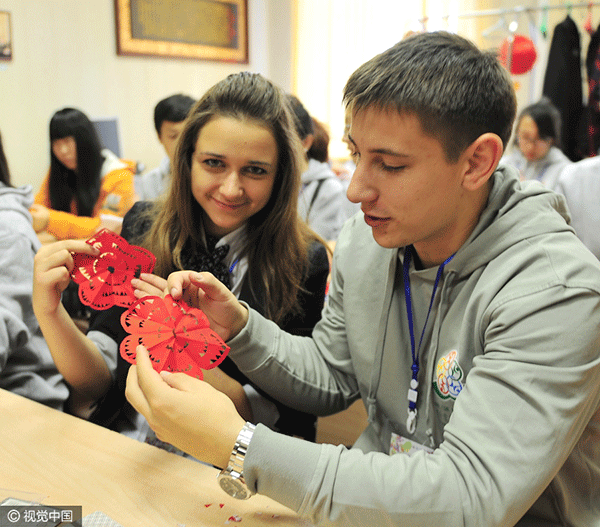 |
|
Russian students learn Chinese paper-cutting in Blagoveshchensk, Russia, October 22, 2013. [Photo/VCG] |
Knowledge of the Chinese language opens gates for new career and life opportunities for Russians, said Russian Prime Minister Dmitry Medvedev on April 15 while speaking to students of Gubkin Oil and Gas University in Moscow. Medvedev compared Chinese with English, noting that English is easier to learn but Chinese gives a different life prospect.
According to the Russian director of Confucius Institute, Moscow State University of Cultural and Arts, the institute holds cultural activities regularly with content ranging from paper-cutting, Chinese-knot makeup to seminars of Mo Yan, a Chinese winner of Nobel Prize in Literature, and introduction to traditional Chinese philosophy, which have attracted more high-level Chinese learners.
Russian Ambassador to China Andrey Denisov also noted that the goal of Russia is to cultivate talent in aerospace, law and economy with Chinese language competence.
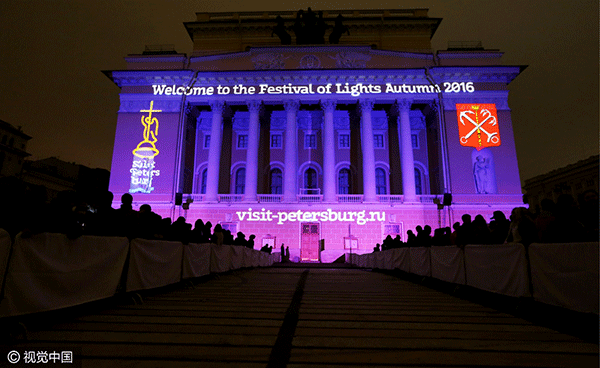 |
|
The facade of Alexandrinsky Theatre at Ostrovsky Square is illuminated during the 2016 St Petersburg Festival of Lights on April 30, 2016. [Photo/VCG] |
According to a report by Russian news organization Sputnik on May 26, the country welcomed more than 1.2 million Chinese tourists in 2015, up 87 percent compared with the previous year.
The Russian National Tourist Office predicted that 150 million Chinese tourists will visit countries alongside the Silk Road Economic Belt in the next five years. With some regions of Russia located on the Belt, the country should get well prepared for the upcoming tourists' surge. As the director of the office said, Russia will provide Chinese-speaking tour guides to make Chinese tourists feel at home.
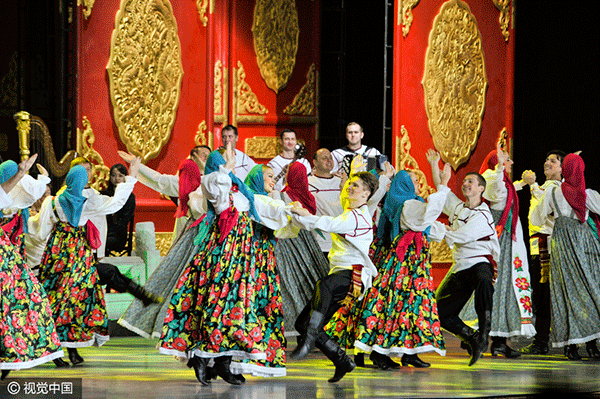 |
|
Closing ceremony of the "China-Russia Friendship and Exchange Year" held in Beijing on December 17, 2015. [Photo/VCG] |
The two countries co-organized the "China-Russia Friendship and Exchange Year" in 2014 and 2015 to celebrate the 65th anniversary of diplomatic relations, and boosted youth exchanges in art, science, and education. China and Russia are also accelerating the "100 universities, 10,000 students" exchange project and aims to have 100,000 overseas students in each other's country by 2020.






